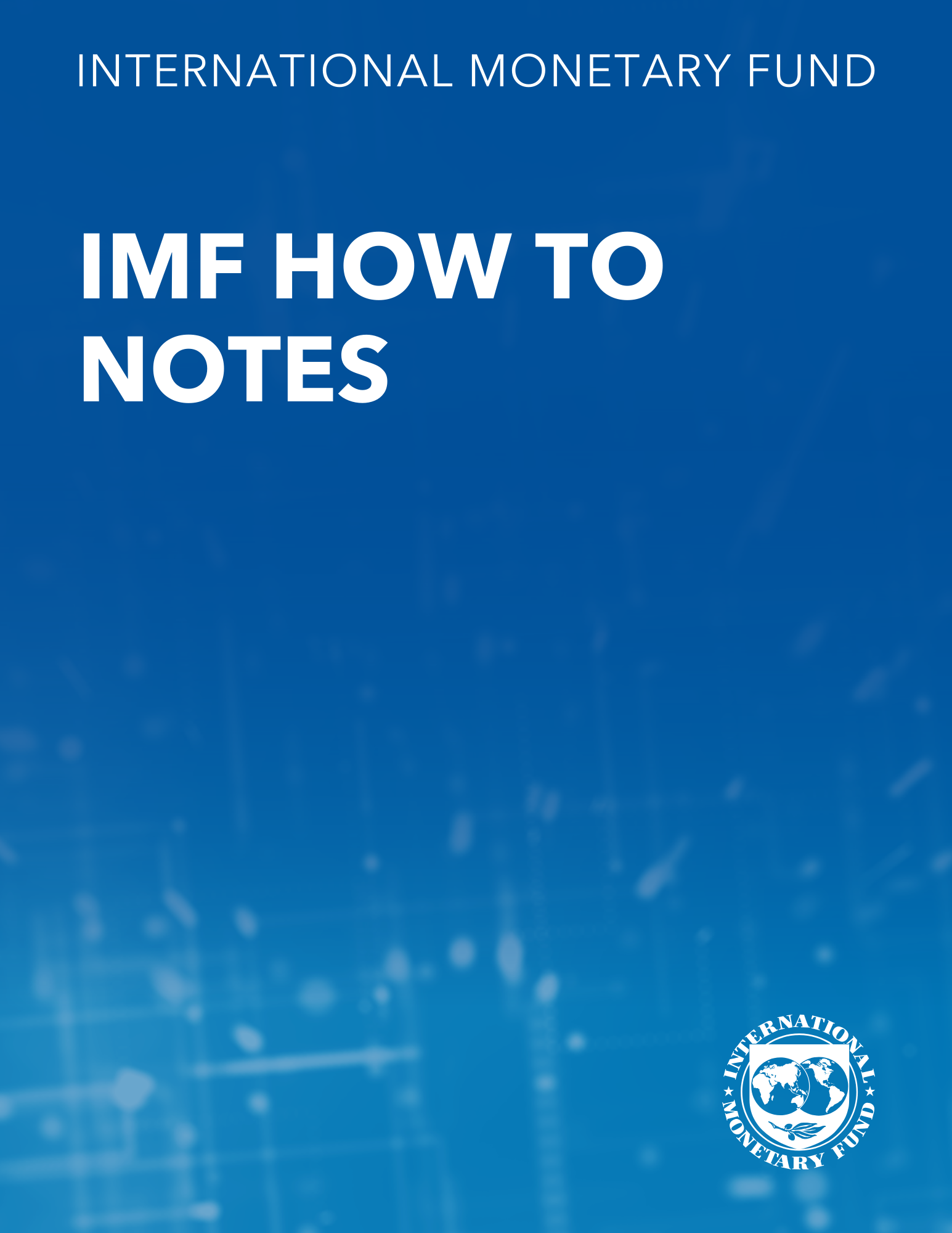Africa in the Doha Round: Dealing with Preference Erosion and Beyond
November 1, 2005
Disclaimer: This Policy Dicussion Paper should not be reported as representing the views of the IMF.The views expressed in this Working Paper are those of the author(s) and do not necessarily represent those of the IMF or IMF policy. Working Papers describe research in progress by the author(s) and are published to elicit comments and to further debate
Summary
Improving market access in industrial countries and retaining preferences have been Africa's two key objectives in the Doha Round trade negotiations. This paper argues that African negotiators may have overlooked the potential market access gains in developing countries, where trade barriers remain relatively high and demand for African imports has expanded substantially over the past decades. As reductions in most-favored-nation tariffs in industrial countries will inevitably lead to preference erosion, African countries need to ensure that the Doha Round leads to liberalization in all sectors by all World Trade Organization (WTO) members, so that the resulting gains will offset any losses. Such an outcome is more likely if African countries also offer to liberalize their own trade regimes and focus on reciprocal liberalization as a negotiation strategy rather on preferential and differential treatment.
Subject: Agricultural exports, Exports, Imports, International trade, Tariffs, Taxes, Trade policy
Keywords: Africa, African country, Agricultural exports, country, country market, Doha round, Doha Round liberalization, Doha Round scenario, Exports, Imports, PDP, preference, preference erosion, special and differential treatment, Sub-Saharan Africa, Tariffs, Trade policy
Pages:
27
Volume:
2005
DOI:
Issue:
008
Series:
Policy Discussion Paper No. 2005/008
Stock No:
PPIEA2005008
ISBN:
9781451975796
ISSN:
1564-5193






